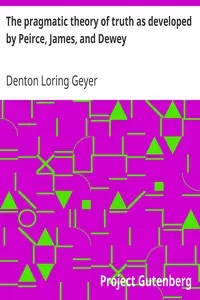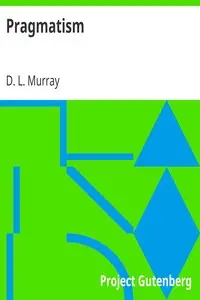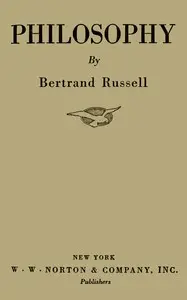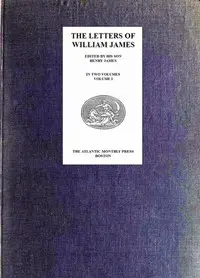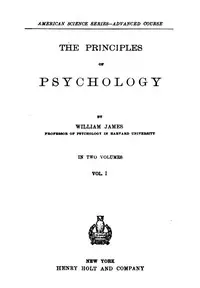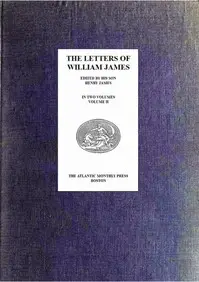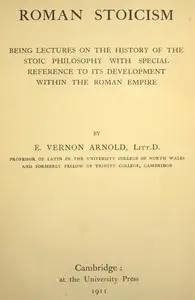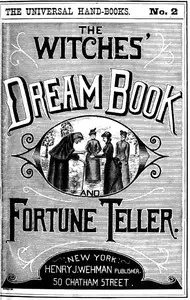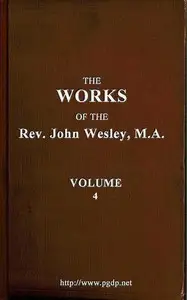"Pragmatism: A New Name for Some Old Ways of Thinking" by William James is a philosophical exploration from the turn of the 20th century that grapples with how we understand the world. The book examines pragmatism, a philosophy that tries to bridge the gap between what we observe and what we believe, essentially mixing real-world proof with the big questions about life. James tackles the split between thinkers who like logic and those who trust experience by proposing that pragmatism can bring these opposing views together; it suggests we look at philosophical problems by considering their real-life effects and how they relate to human experience. The book starts with James explaining that he wants to share a common understanding of pragmatism in simple terms. He stresses that philosophy is important, because it shapes how people see life, and that people naturally want to connect facts with their values. The initial lecture looks at the problem of the time by showing two types of people: those who valued general ideas and those who cared about hard facts; James presents pragmatism as a way to combine these different ways of seeing the world.

Pragmatism: A New Name for Some Old Ways of Thinking
By William James
Can a new philosophy reconcile facts and ideals, uniting thinkers who prize logic with those who trust experience?
Genres
Released
2004-02-01
Formats
epub
epub (images)
epub3 (images)
mobi (images)
mobi
txt
Free Download
Summary
About the AuthorWilliam James was an American philosopher and psychologist, and the first educator to offer a psychology course in the United States. James is considered to be a leading thinker of the late 19th century, one of the most influential philosophers of the United States, and the "Father of American psychology."
William James was an American philosopher and psychologist, and the first educator to offer a psychology course in the United States. James is considered to be a leading thinker of the late 19th century, one of the most influential philosophers of the United States, and the "Father of American psychology."
Total Reviews
10.0k
Total reviews from Goodreads may change



